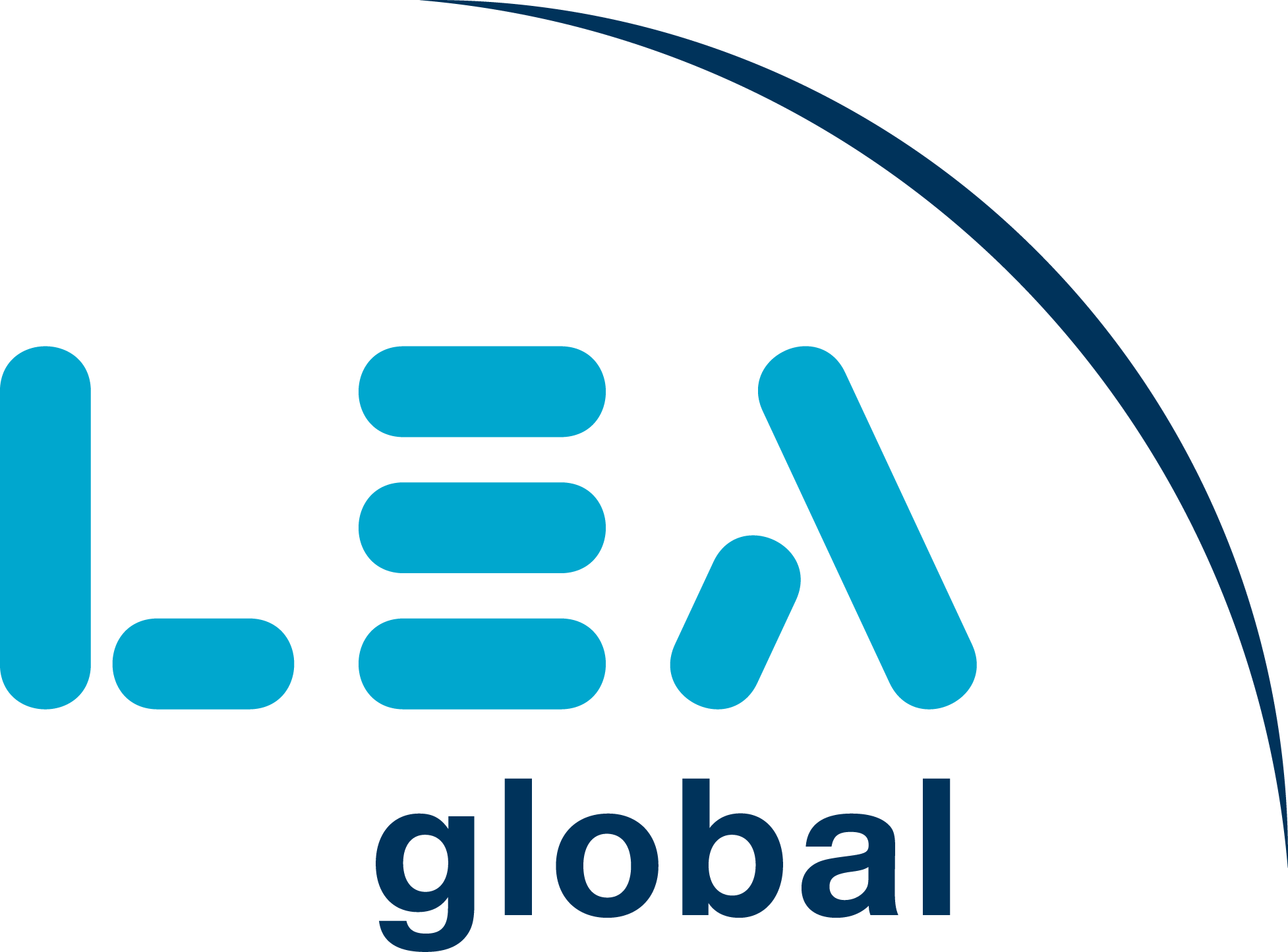How to Prepare for an Effective Annual Audit in China?

Posted by China Briefing Written by Qian Zhou
Whether an audit is effective or not makes a big difference in a company’s governance and development in the long run, though it is not easy to identify the audit effectiveness right after the process.
From the company’s perspective, an effective audit can help maintain its financial health and offer advice on how certain processes may be improved. To be more specific, an effective audit can:
- ensure that financial statements of the company present a true and fair view of its financial situation;
- reveal irregularities and suboptimal business practices;
- identify risks in different functional areas; and
- offer advice on improving internal
An effective audit should also complete to schedule and with minimal disruption to the company.
To achieve audit effectiveness, besides choosing a qualified audit firm, it is vital for companies to make preparations in advance, among others. An audit will be more meaningful for companies if auditors have adequate time to analyze accounts and evaluate control procedures, instead of being occupied with simple checks. This article is designed to provide some practical guidance based on our professional on-the-ground experiences.
What do companies need to prepare in general?
For companies, preparing for the annual audit goes beyond simply providing the accounts and ledgers. In general, companies can help to improve the audit effectiveness by taking the below measures:
Make a thorough inventory of the assets
Before the auditor conducts a spot check of the company’s assets in the substantive audit, companies are suggested to make a full-scale stocktake of the assets by themselves, to verify the existence and completeness of their assets. This is especially recommended if companies never check their assets on a regular basis.
Companies should arrange cash count, inventory count, and fixed assets inspection, among others. If obsolete inventory items, idling assets, and defective products are found during the check, they should let the auditors know and start to think about making impairment assessments.
The thorough stock take is suggested to be arranged as close to year-end as possible. Otherwise, companies may need to provide stock-in and stock-out information to roll back or roll forward to reconcile the actual stock take results and year-end accounting books.
Arrange confirmations
Bank confirmation is a primary focus in verifying the bank balance of the financial audit. Before the auditor’s investigation, companies are suggested to get relevant information ready in advance, including bank statements, bank reconciliations, bank balance, borrowings, guarantees, time deposits, bank mailing address, and contact number, etc. This will shorten the time spent at this stage and provide the auditor a good impression.
Besides bank confirmations, auditors may arrange confirmations for the current accounts to verify the existence and accuracy of the selected amounts, such as the related-party balances and transactions, trade receivables and payables, inventory on consignment, advancements to employees, etc. From the companies’ perspective, they are suggested to check accounts with current customers before the annual audit, if they didn’t do this regularly. This will save much time for their auditors.
Analyze recoverability of receivables (credit risks)
Credit risks analysis on financial assets often involves management’s judgment. While many companies find it difficult to conduct such an analysis, it is nevertheless essential to assess the recoverability of financial assets such as trade debtors.
Under the newly effective accounting standard on financial instruments, the expected credit loss model should be adopted when making the analysis. The accounts receivable aging analysis alone is no longer sufficient for impairment assessment of financial assets.
Companies should make clear accounting policies on what factors are to be taken into consideration when assessing credit risks, look for reasonable and supportable forward-looking information that is available to the management, and determine the risk of default.
If there are indeed such default risks based on companies’ self-evaluation, it will very likely be noticed and inquired by the auditor during the audit. Companies are suggested to think about how to justify the risks when being asked.
Prepare for expense checking
It’s important for companies to obtain and maintain tax-deductible expense vouchers, which, in China, mainly refer to VAT invoices. Companies are suggested to check and prepare relevant invoices and other documentation in advance. When the year-end approaches, for invoices that should have been but are not yet obtained, companies should try to see if there is any chance to get them ready before the financial audit. Should companies fail to obtain legitimate expense vouchers before filing the annual CIT returns, relevant expenses will become non-deductible for CIT purposes in the current year.
For outbound expenses paid to overseas vendors, relevant taxes must be withheld, or else such expenses will not be pre-tax deductible.
Besides obtaining VAT invoices and other legitimate tax-deductible vouchers, companies should also make full provision of the expenses in their accounting books, irrelevant of whether they have received the VAT invoice or not. All expenses should be properly recorded before the end of December.
Remember to bind your accounting vouchers and keep them tidy and organized. By making a good impression on the auditors, companies may expect fewer questions from the auditors.
Analyze profits and justify fluctuations
Companies should analyze their profit ratio in advance. In case significant changes are found for essential indicators, such as gross margin fluctuations or selling expenses increase, companies should have valid explanations to justify the fluctuations, as such irregulates will definitely be noticed by their auditors and lead to queries during the audit.
Corporate income tax (CIT) related preparations
Under the current policy, companies decide whether they are qualified for certain CIT incentives based on their self-assessments. This simplifies the process for enjoying tax incentives but increases potential tax risks where there have been misjudgments. So, auditors generally will help to make CIT relevant evaluations in the annual audit, although they do not express an opinion in this regard.
From the companies’ perspective, they are suggested to prepare relevant sub-ledgers and gather and retain supporting documents for such items in advance. On the other hand, they are suggested to carefully examine if they have exhausted all possible tax reductions.
Make sure relevant staff are on duty
As introduced above, beyond providing documentation prior to the actual audit, companies should prepare for offering additional information and details behind the figures, which requires close support of all key staff during the audit.
Thus, companies should plan around the audit to ensure that all key finance and accounting staff and other key staff of the operational teams haven’t booked time off and have a general free schedule during the audit. Ideally, these staff should be available at any time when required.
Additional preparations for the 2021 newly effective accounting standards
Starting January 1, 2021, several new accounting standards have been applied to all entities that have adopted the Chinese Accounting Standards for Business Enterprises (CAS), including the CAS No.14 regarding revenue, CAS No.21 regarding leases, and accounting standards regarding financial instruments (CAS No.22, 23, 24, and 37).
The implementation of new accounting standards is likely to pose new challenges to the accounting work of relevant enterprises and could impact their daily business decisions, internal control, financial performance, and other aspects.
Companies that are obligated to adopt the new CAS but have not yet due to their insufficient understanding of the accounting standards or practical difficulties, should seek professional advice as early as possible to see how they can prepare.
Even companies that have adopted the new CAS will still need to prepare for the extra queries and documentation requirements from auditors regarding the implementation details of the new accounting standards.
For example, as a lessee, based on CAS No.21, your auditors may need you to provide the amortization table for lease liabilities and depreciation schedule for right-of-use assets. They may also ask you to explain and justify the discount rate you have been using and how do you calculate the implicit interest rate in the lease.
Special considerations due to the COVID-19 pandemic
Travel restrictions
Under China’s zero-tolerance approach in combating the COVID-19 pandemic, strict quarantine and travel restrictions are applied whenever there is an outbreak, which will be of comparatively high frequency during the audit season when the cold environment is more suitable for virus survival and transmission.
To prepare for this situation, companies are suggested to start the preliminary audit and formal audit as early as possible. Especially for those whose auditors are based in a different city from them, they should leave enough buffer time in case of sudden travel restrictions.
Business continuity
Despite the fact that the global economy is in recovery mode and uncertainty over COVID-19 is no longer the foremost economic concern to many executives, the pandemic has still taken a toll on businesses. Companies may suffer cash flow difficulties because it takes longer to collect the debt from the customers. The reliability of income and cash flow forecasts may become questionable due to unexpected developments associated with the pandemic in certain areas.
Under this situation, auditors will pay special attention to business continuity or “going concern” during the annual audit. Companies might be asked questions like “Have you assessed the impact of COVID-19?” “How did the management respond to the changing economic conditions”, etc. If significant, this information may even be disclosed in the financial reports of the company.
To prepare, companies should analyze in advance about:
- if they have sufficient liquidity to remain solvent through the pandemic and beyond;
- if they have any access to financial support from the parent company or a banking facility not yet utilized; or
- if they are qualified for any government
Internal control and fraud
Besides the impact of domestic travel restrictions on annual audits, the travel restriction between China and the rest of the world may result in foreign general managers being stuck outside of China, which in turn will affect the implementation of the internal controls and cause disruption in the reporting line.
Moreover, the company management may have a greater incentive to override controls due to increased pressure on growth under COVID-19 or to correspond to changes in the business environment, such as inflation and supply chain disruption.
All these will lead to a higher risk of irregularities and fraud.
Accounting digitalization
Accounting digitalization, or tech-powered accounting solutions, means the use of information technology to optimize the finance and accounting processes. “Shift to digital” has been an emerging trend, especially since the outbreak of COVID-19.
Different from other preparations that are directly related to the annual audit and can be made right before the process, accounting digitalization is more like a long-term investment that has multiple benefits, including making the financial audit easier and more effective.
To be more specific, compared to traditional methods, finance, and accounting technology has advantages in efficient allocation of work hours, accurate accounting through real-time capture of information and computerized calculation, system integration with compliance/reporting mechanisms, and more optimal (rather than one-time) use of company data.
For example, a lot of information that needs to be prepared for the audit, such as how much money is owed to each vendor and what is the aging schedule/accounts receivable aging for each outstanding transaction, can be displayed on a searchable accounts payable list. This information itself is delivered from a specific module of the tech-powered accounting software, which in turn gets populated automatically from the digitalized expense management app.
Another example relates to fixed assets management. Important questions during audits include: What information does the company have about its fixed assets? How far have they depreciated? What is the nature of these assets? All this information will be pulled directly from the fixed assets module of the tech-powered accounting software and displayed on a fixed assets list.
At the very least, going digital results in most documentation being accessible online, saving auditors and executives from rifling through filing cabinets at the financial year-end. For companies that haven’t adopted the finance and accounting technology, they are well advised to think about it for the next year or plan for in the near future. Newer tech-enabled accounting solutions are no longer prohibitively expensive or difficult to use. For companies that use an accounting service provider and don’t have highly complex requirements in terms of processing or reporting, flexible platforms now exist, whose access is part of the services provided by accounting providers to smaller firms, sometimes with only minimal upfront setup fees.
Summary: Getting the most out of the annual audit
An effective audit is beneficial to a company’s management and development in the long run. To pursue audit effectiveness, close collaboration between the auditor and the auditee is needed.
From the companies’ perspective, by conducting necessary self-checking, preparing needed accounting and tax documentation, analyzing core finance issues, and preparing for auditors’ inquiries in various aspects, they can not only help to minimize the disruption of the annual audit on their business operations but also enable a more comprehensive audit that can help senior management gauge the efficiency of the financial workings of their company.
In addition, to get the most out of the annual audit, companies are suggested to take the chance to improve their internal control and review related-party transactions. Especially for smaller companies that don’t have a designated team to handle the matters and don’t have separate internal control reviews and transfer pricing assessments, it is well advised to integrate these value-added reviews into the annual audit process.
Given this, auditors will likely increase the risk assessment level and come up with more inquiries, more tests of controls, and more substantive tests. Companies should be mentally prepared and get ready for collaborating with the auditors more closely for the additional inquiries and tests.
Dezan Shira & Associates’ regional audit teams can assist investors to arrange and prepare audit documentation and help with group audit reporting. For more information, please email us at [email protected] or visit our website www.dezshira.com.
(This article was originally published in the magazine, Annual Audit and Compliance in China: Get Ready for 2022, produced by Asia Briefing.)
About Us
China Briefing is written and produced by Dezan Shira & Associates. The practice assists foreign investors into China and has done so since 1992 through offices in Beijing, Tianjin, Dalian, Qingdao, Shanghai, Hangzhou, Ningbo, Suzhou, Guangzhou, Dongguan, Zhongshan, Shenzhen, and Hong Kong. Please contact the firm for assistance in China at [email protected].
Dezan Shira & Associates has offices in Vietnam, Indonesia, Singapore, United States, Germany, Italy, India, and Russia, in addition to our trade research facilities along the Belt & Road Initiative. We also have partner firms assisting foreign investors in The Philippines, Malaysia, Thailand, Bangladesh.


